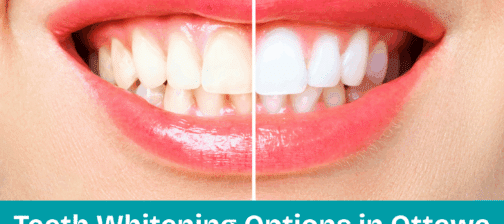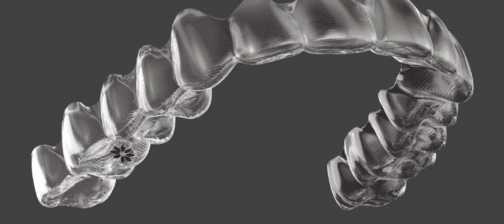What to Do If You Have a Dental Emergency Over the Holidays
The holiday season is one of the worst times for any kind of dental emergency, especially because you will want to spend your time eating your favorite holiday foods. Sometimes, dental emergencies arise unexpectedly and may occur while you are in the midst of a holiday meal. While your dentist may be out of the office, there is much you can do on your own to address dental emergencies until you can get a professional. Here's a step-by-step guide on managing common dental emergencies over the holidays:
1. Cracked Tooth: Immediate Action
A cracked tooth is considered one of the most frequent dental emergencies, and such a condition can be caused from biting into something hard, a nut, candy, or even a bone in that holiday dish. If you crack a tooth, then do not panic. Try these steps:
Rinse with Warm Water: Clean your mouth by rinsing with warm water so that infection does not come.
Apply a Cold Compress: If you are feeling pain or swelling, apply a cold compress to the affected area. This will help numb the pain and reduce inflammation.
Take Over-the-Counter Pain Medication: If you feel you need to, you can take over-the-counter pain relievers such as ibuprofen or acetaminophen to alleviate discomfort.
Avoid Hard or Chewy Foods: Avoid eating anything that could worsen the crack, such as hard, chewy, or sticky foods, until you can see your dentist.
This is a temporary solution, but you must see your dentist as soon as possible to prevent further damage or infection.
2. Fallen Filling: How to Manage It
Losing a filling can be uncomfortable, but it is not a dental emergency that requires immediate action in most cases. If you lose a filling during the holidays, follow these steps:
Rinse the Area: Wash your mouth with warm water to clean the exposed area and debris.
Cover the Area Temporarily: Cover the tooth and the exposed area temporarily using dental wax or sugar-free gum. This may provide a temporary barrier in preventing discomfort and pain in your tooth until you consult your dentist for a long-term solution.
Avoid Chewing on the Affected Side: Try as much as possible to stop chewing on the side of your mouth where the filling is lost to avoid causing further damage to the tooth or injuring your gums.
This is a temporary measure, but you should see your dentist at the earliest possible opportunity to have the filling replaced.
3. Toothache: How to Ease the Pain
Various toothache reasons include cavities, infection with the gum, or just trauma. If you suffer from toothache during your holidays, there are few things that you can try to soothe the ache until you visit the dentist.
Rinse with Warm Salt Water: Mix a teaspoon of salt into a glass of warm water and use it to rinse your mouth. This should help reduce swelling and clean the affected area.
Use a Cold Compress: If your toothache causes swelling, apply a cold compress to your cheek or jaw to help ease pain and reduce inflammation.
Over-the-Counter Pain Relievers: Pain relievers like ibuprofen or acetaminophen can help temporarily relieve pain. Be sure to follow the recommended dosage instructions.
Avoid Triggers: Stay away from extremely hot, cold, or sugary foods and drinks, as they can exacerbate tooth pain.
While these remedies may offer temporary relief, it’s important to contact your dentist as soon as possible to address the underlying cause of the toothache.
4. When to Go to an Emergency Dentist
Sometimes, it is absolutely crucial to see an emergency dentist on the same day. For instance:
Pain and Swelling: In cases where you are experiencing acute tooth or gum pain that worsens with swelling, that could indicate an infection or abscess that may have to be treated in time.
Knocked-Out Tooth: If your tooth has been knocked out, it’s crucial to visit an emergency dentist as quickly as possible. In many cases, a dentist can save a tooth if it’s reimplanted within an hour of being knocked out.
Any form of injury that brings about heavy bleeding, severe destruction of the gums, or a broken tooth should be taken to an emergency as it might lead to severe complications or permanent damage.
Seeking an emergency dentist when such issues arise. Many dental offices have on-call staff or can refer you to an urgent care facility during the holidays.
Conclusion
While dental emergencies can be stressful, especially when they occur during the busy holiday season, knowing what to do in such situations can help you feel more in control and get through the problem until you can see a dentist. From cracked teeth to lost fillings, there are many ways to ease discomfort and protect your teeth in the short term. Don't forget to contact your emergency dentist and get professional help as soon as possible, so your oral health is intact throughout the holidays.




